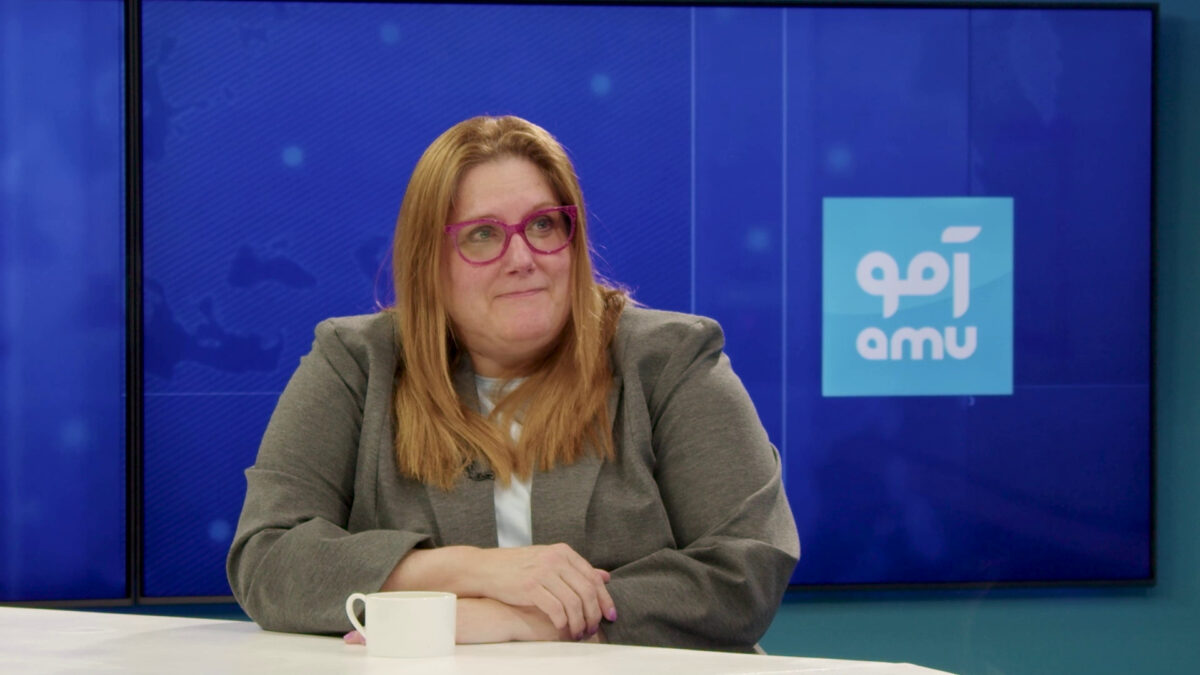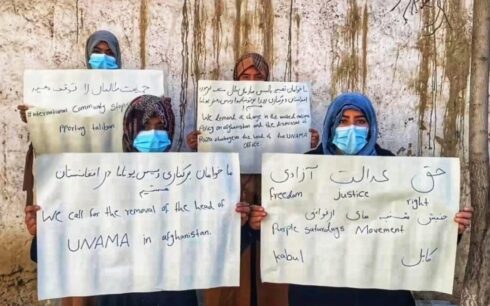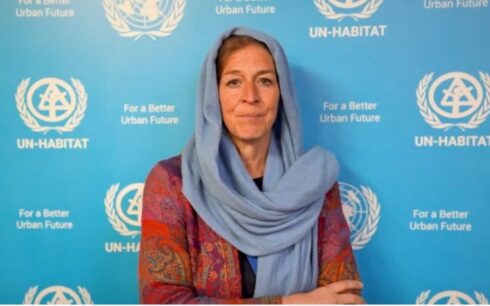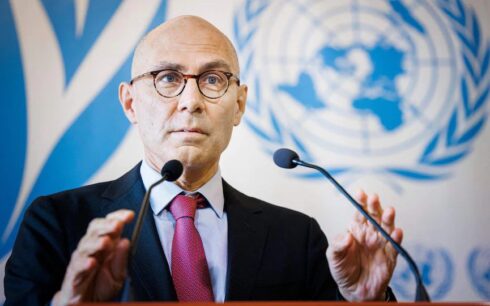Karen Decker, the U.S. chargé d’affaires for Afghanistan, voiced deep concerns about the Taliban’s “morality law” and emphasized ongoing but behind-the-scenes progress in the Doha process during an online roundtable discussion with reporters.
Decker said the U.S. is working closely with Richard Bennett, the UN Special Rapporteur on the situation of human rights in Afghanistan, and other human rights organizations to assess how the Taliban’s morality law is being implemented.
While the law appears to formalize many existing restrictions on Afghan citizens, its application remains inconsistent across the country, Decker said. “In some provinces, the media is not allowed to show living images. But in other provinces, they’re being told it’s okay. The Taliban still joyfully post things on social media,” she noted, underscoring the regional disparities in enforcement.
“Afghanistan is such a diverse country. It’s not surprising that there will be different interpretations of the law countrywide. But it’s really hard to get a handle on what is actually happening on the ground while you’re sitting in Doha,” Decker admitted.
The chargé d’affaires expressed particular concern about the shrinking scope of Afghan life under the Taliban. “I’m extremely worried at how Afghan life seems to be getting smaller and smaller, not just for women, but for men,” she said.
The Doha process
Decker also addressed the Doha process, aimed at fostering international dialogue on Afghanistan’s future. She described ongoing consultations involving the United Nations, various capitals, and stakeholders in Kabul but acknowledged that much of the work remains “backstage.”
The working groups on counter-narcotics and the economy, agreed upon during the Doha 3 talks, have been slow to launch. However, Decker indicated that at least one of these groups will begin work before the end of the year, with a second group focusing on the private sector expected to start in early 2025.
Decker stressed the importance of producing tangible results through these focused discussions before convening a larger political forum, potentially a “Doha 4” meeting. “We’ve made a commitment to ourselves that we will not have another meeting that doesn’t include a wider array of Afghans,” she said.
The U.S. envoy acknowledged the challenges in coordinating among numerous stakeholders, including the UN offices in New York and Afghanistan, and various international partners. However, she reaffirmed that the Doha process remains active, with significant efforts underway to ensure more robust engagement in 2025.





